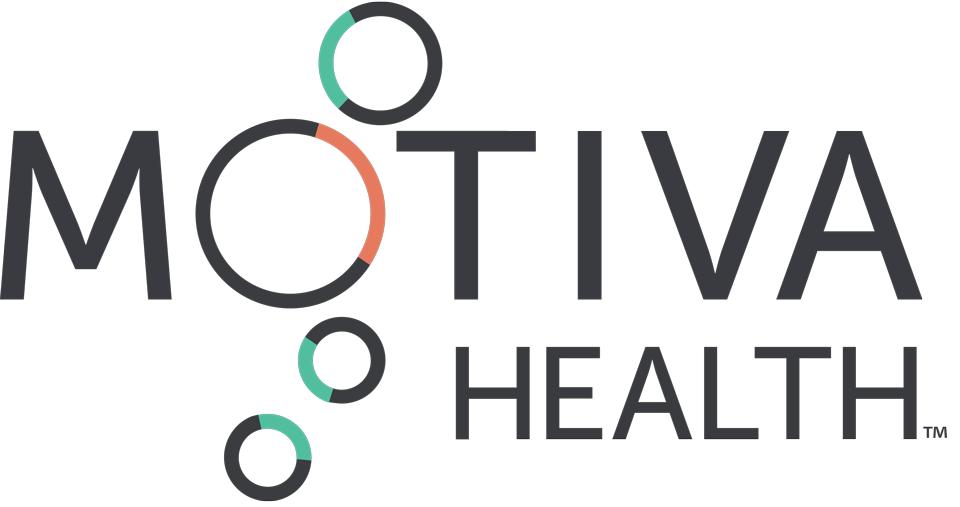Prevention Goes A Long Way: Just Ask Chip Bergh, CEO Levi Strauss & Co
Prevention Goes A Long Way:
Just Ask Chip Bergh, CEO Levi Strauss & Co
While I have spent the majority of the last three years speaking to employers and employees about the value of preventive healthcare, I have rarely come across leaders who wholeheartedly embrace this concept or actually understand what preventive care is. Although the trend is growing, budgeting money and resources for prevention is not yet the norm and is still being met with question and doubt.
Chip Bergh, the President & CEO of Levi Strauss & Co. recently wrote an article titled “An Ounce of Prevention: Better than a Pound of Cure.” He outlines how our lifestyle choices and behaviors are fueling our out of control obesity and diabetes epidemics while poor nutrition and misleading nutritional advice set us up for poor choices from a young age.
Mr. Bergh poses an excellent question - “ What if the key metric around our healthcare… was the number of people who don’t require healthcare interventions today because they are healthy?” I believe this is how we should all strive to think. Too often today we are reminded that there is a pill for this, an injection or surgery for that - but let us not forget, the best medicine is a healthy lifestyle, and these changes come without the unwanted side effects.
To be clear, I am in no way against medical intervention or medications; these can be necessary for many circumstances - I have needed my fair share. However, I believe we often seek these interventions in the wrong order. When we look at obesity, diabetes, and blood pressure, these conditions are directly influenced by diet and exercise. These proactive activities should, therefore, be encouraged versus a continuous prescription with no exit strategy.
The human body is meant for continuous motion - not our modern day lifestyles where many interactions are performed at a desk, online, or while we are sitting motionless. I want to echo Mr. Bergh’s point where he states that individuals have the opportunity and responsibility to choose smart behaviors to protect their health and well-being. Businesses play a significant role in this as they end up funding many of their employee’s healthcare needs. As many modern jobs require our employees to be seated at a computer all day, employers should be more creative in encouraging their workforce to stay active, eat well, and take care of themselves.
Many of today’s most significant healthcare burdens (obesity, diabetes, back pain, the opioid epidemic) are worsened by our ever-increasing tendency to live our lives through our computers and not put our health first. And when you factor out time for healthy sleep and a full work day (+ commute time), many people are left with very few hours to exercise, eat, and spend time with family. Imagine a workplace that encourages activity, movement, healthy eating, and preventive healthcare. This type of workplace would surely allow the employees to stay healthy, happy, productive and provide them more time outside of work to spend with their loved-ones.
I am undoubtedly biased about proactive care but for a good reason! After co-founding a company which implements onsite preventive care for organizations, I have seen first hand the results from programs including chiropractic, health coaching, nutrition, and prehabilitation. Not only are employees more satisfied with these proactive and accessible benefits, but employers can see actual returns on their investment.
It is important to remember that at the end of the day, individuals have control of their health and therefore their future suffering or vitality, but employers roles cannot be ignored. Companies will continue to have an increased responsibility to their people as careers and life continue to integrate and evolve. Mr. Bergh and Levi Strauss & Co. set a great example with proactive benefits such as subsidized gym memberships, healthy food, and lifestyle programs. But what is the next step? What can employers offer their workforce to ensure we are adding to their health, not depleting it?
